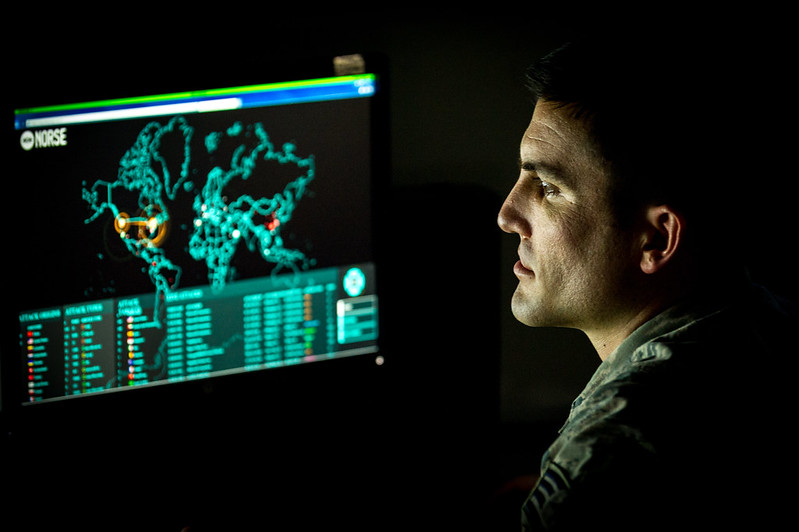A Virginia House bill to create and oversee a corps of cyber security experts who would help public and private entities tackle cyber security threats moved forward this week.
HB 651, patroned by Delegate Micheal Feggans, creates an advisory board within the Virginia Information Technologies Agency (VITA) that will establish the roles and duties of a Civilian Cyber Corps.
That corps would consist of vetted, volunteer cyber experts “who would expand the state’s ability to assist public and private entities and defend and recover their systems,” said Feggans.
The bill, which is modeled after a similar initiative in Michigan, provides the framework for VITA to outline the responsibilities for the Corps and procedures on background checks as well as the granting of immunity to certain entities and individuals involved, and the protocols for providing rapid response assistance.
HB 651 also calls for a chief information officer who will responsible for communicating with the advisory board during cyber security incidents.
In response to a question from Delegate Jackie Glass, Feggans confirmed that essentially the only way to get on the Corps would be getting invited through VITA.

Feggans noted that he is a cyber security expert and wanted to make clear, “The Cyber Civilian Corps is not the State’s effort to supplement or take over our incredible private cyber security industry.”
“The overall intent is the enhance the State’s capability to respond and mitigate cybersecurity threats through a coordinated action,” he added.
Cost of the Corps
But although the Corps would consist of volunteers, this initiative is projected to cost over half-a-million dollars annually.
To execute this, VITA estimates it will need to create two new positions whose salaries and benefits will be a total of $300,000.
Another $250,000 is needed for a contractor to assist with managing and training the Corps as well as the costs of training and security tools.
After the first two years, the cost could “go beyond” that $550,000 a year due to the large scope of duties imposed on VITA, the fiscal impact statement says.
VITA would be allowed to charge entities who get assistance from the Corps. But Feggans noted, in Michigan, it was established the department could charge fees to help potentially recoup expenses but would not generate a profit.
Also, “it is indeterminate how much revenue will be able to be collected because the use of this service will likely be sporadic and based on client needs,” says the fiscal impact statement.
The Communications, Technology and Innovation subcommittee vote 12 – 10 to advance the bill to the Appropriations Committee.

Follow the Watchful Eye on Twitter and Facebook
Help keep news you can use coming by clicking to directly support the Watchful Eye, an independent, local news channel. Any and all is appreciated!




